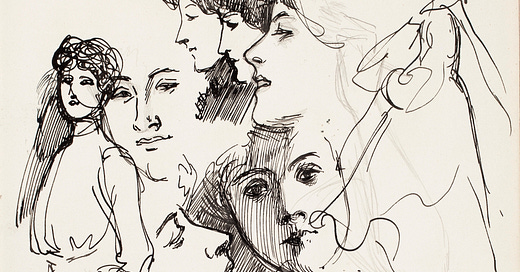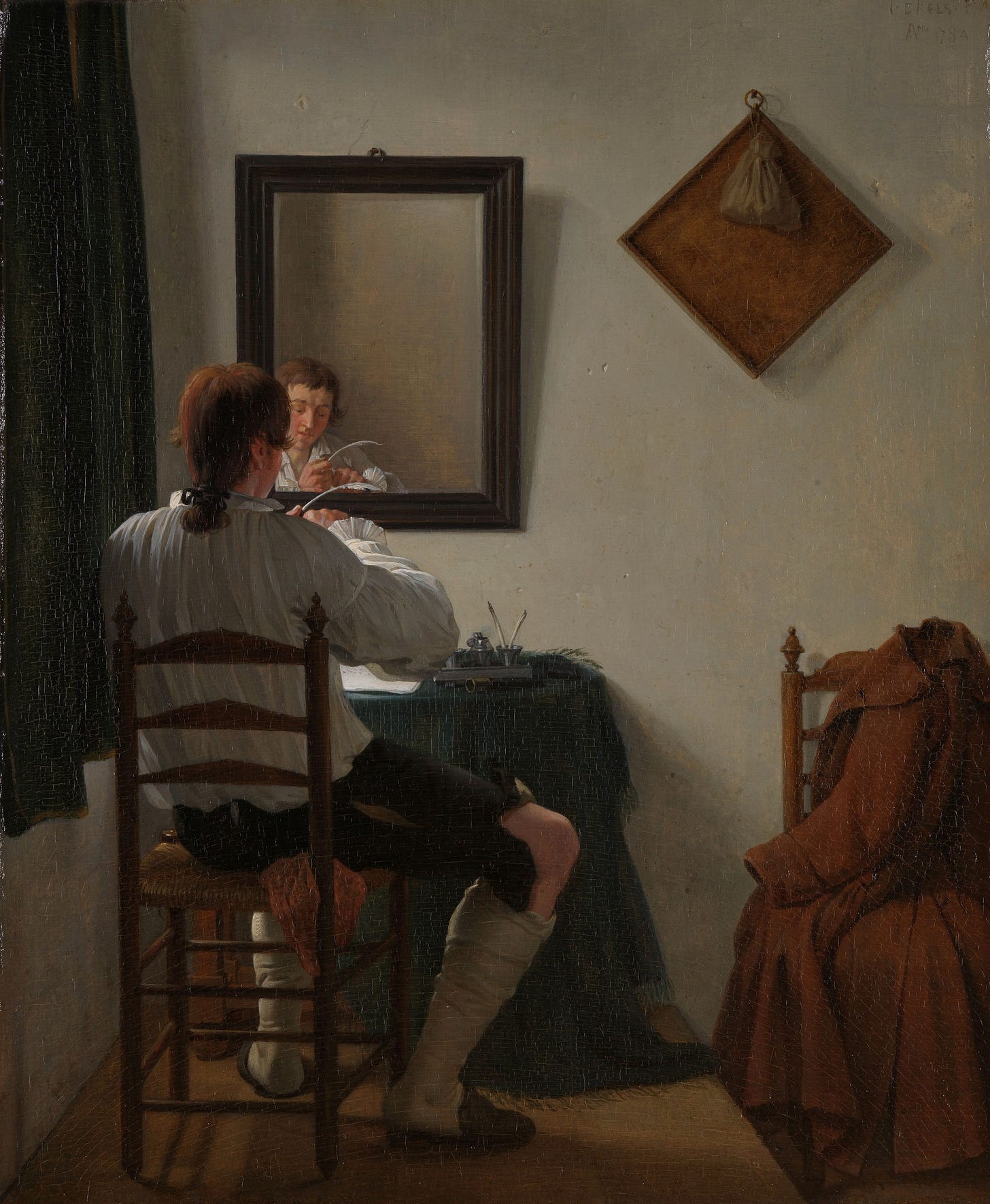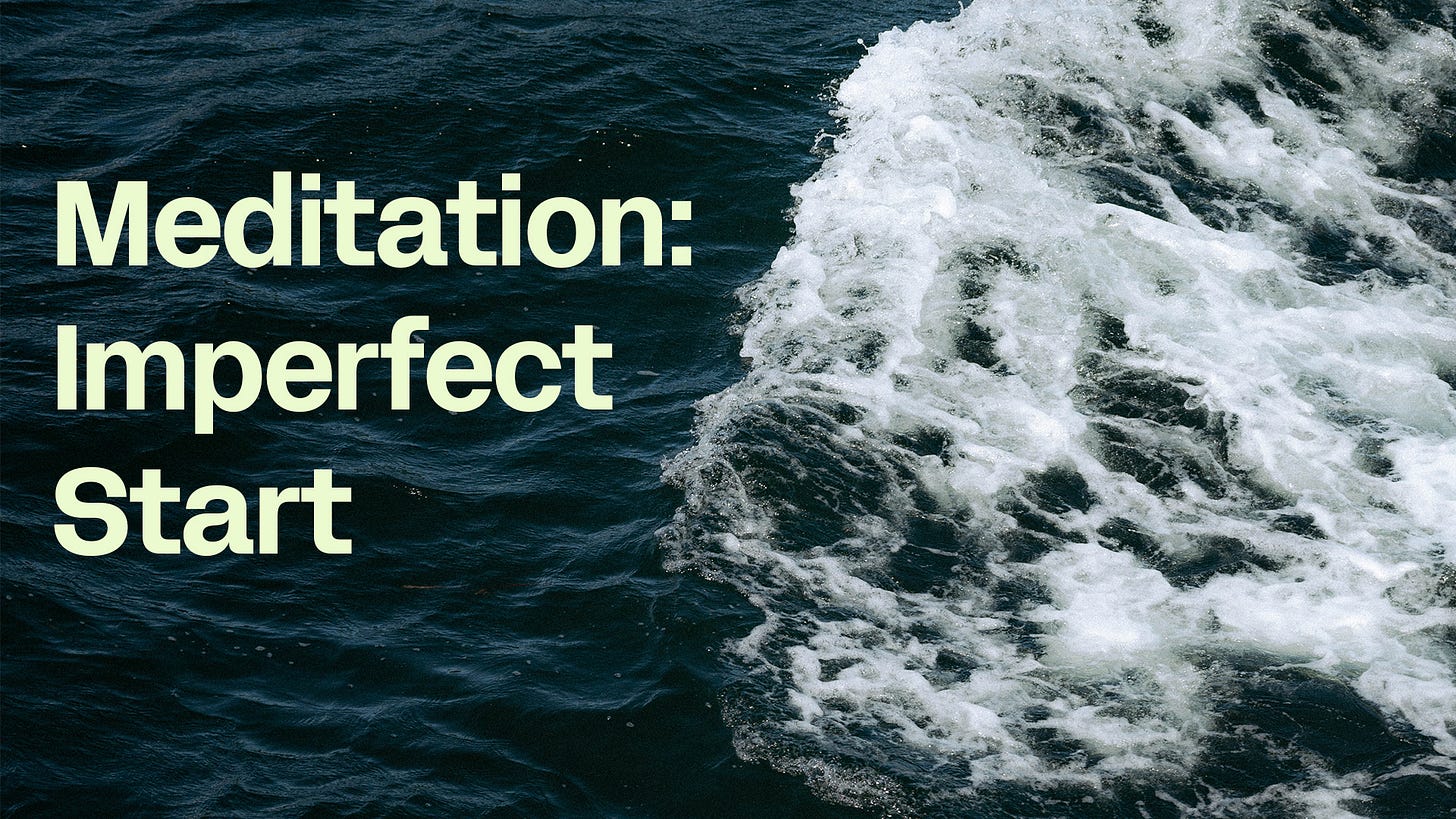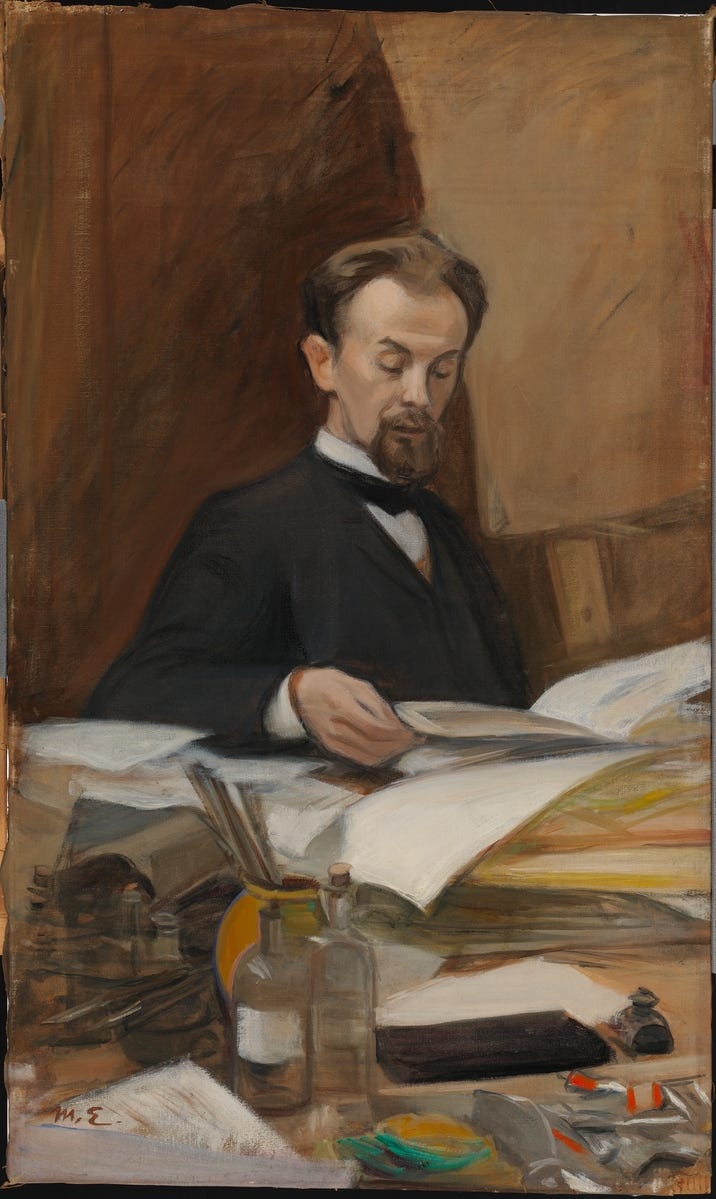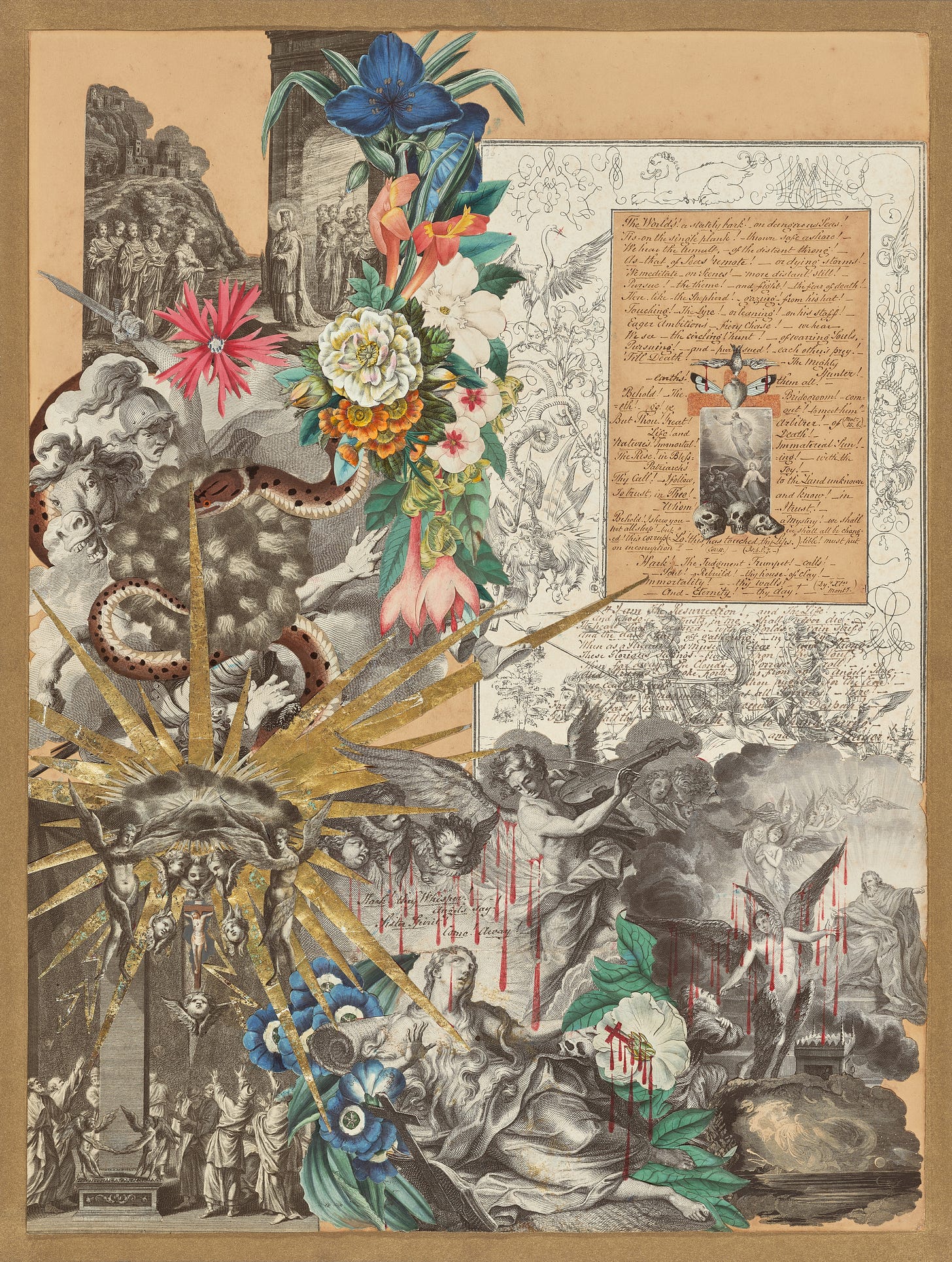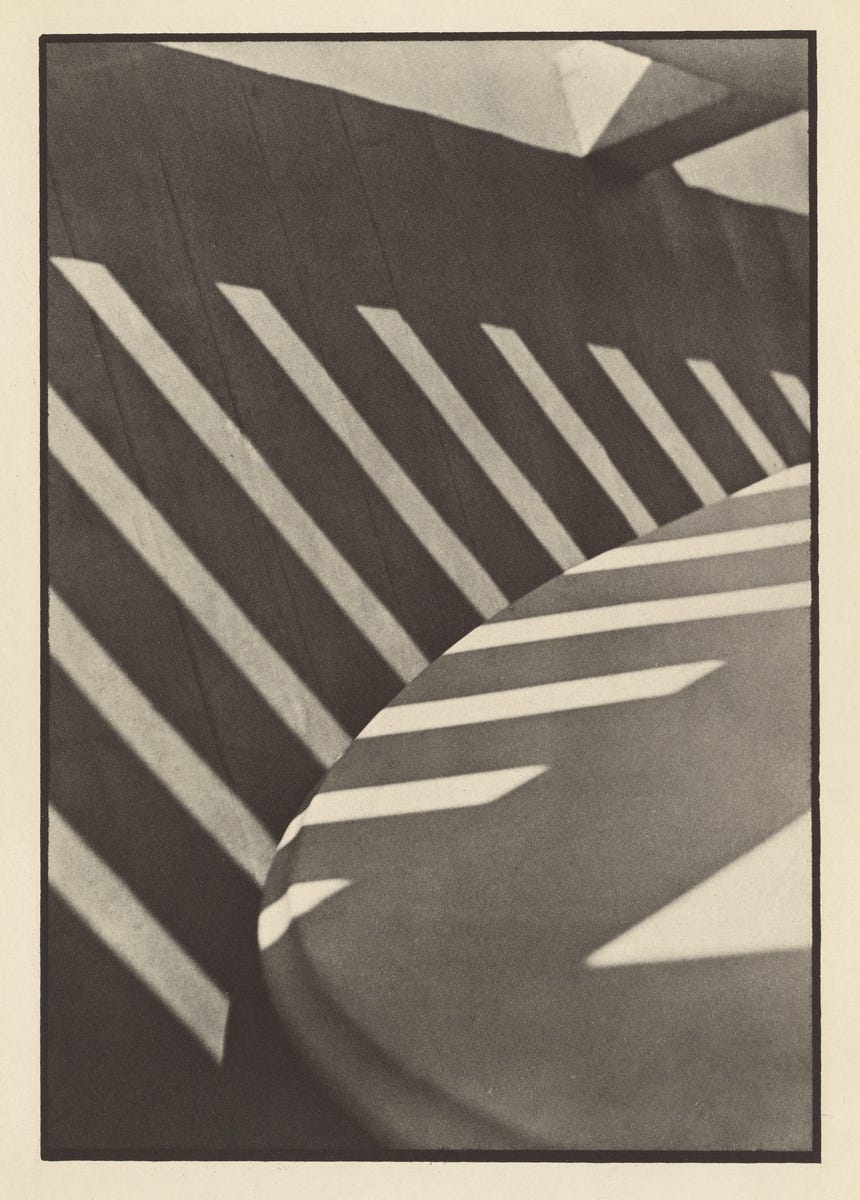I am a recovering perfectionist.
It's easy to postpone starting when you can justify the need for a perfect plan, flawless execution, and no room for failure.
Moreover, creativity is often tied to our feelings of self-worth. After all, how can we bring something into the world without it reflecting back on us?
Perfection becomes a shield. It protects us from exposing our ideas and showing our vulnerabilities. It also keeps us from meeting our own lofty standards.
I might tell a friend to "just go for it! What’s the worst that can happen?" Yet personally, I have been sitting on an idea for months.
But perfectionism is a distant horizon—an alluring destination that remains forever just out of reach.
If we become fixated on perfection, we are likely to miss the joy of the process, overlook the lessons worth learning, and, worst of all, potentially never start.
In reality, your unique expression—just as it flows, unfiltered and genuine—is what makes your idea worth bringing forward, mistakes and all.
Very rarely are things permanent. You can change your mind. You can adjust. You can learn. You can move forward without knowing the perfect plan.
I recorded a short meditation on the topic, I encourage you to pop in your headphones, close your eyes and take a moment for yourself. After, there are simple short exercises you can try to help you be imperfect and start.
If you listen to the meditation, the exercises can be a great way to capture what you thought about or what came up.
Trust in your process, for it is in the imperfections that true artistry is born.
Imperfection Practice
Three-Sentence Story
Duration: 5 Minutes
Exercise: Set a timer and craft a complete story in just three sentences. Focus on creating a clear beginning, middle, and end quickly, without overanalyzing the details.
Purpose: This exercise is a chance to practice concise storytelling—a skill that helps reduce overthinking.
Stream of Consciousness Writing
Duration: 5 Minutes
Exercise: Write down any thoughts that come to mind without pausing to correct or edit anything.
Purpose: This frees the mind from the internal critic, allowing for a flow of ideas without judgment. Especially useful after meditation, this exercise can help capture your feelings and thoughts. I like to start my day this way.
One-Minute Drawing
Duration: 1 Minute
Exercise: Set a timer for one minute and draw anything that comes to mind, without lifting your drawing instrument from the paper until the timer stops.
Purpose: This encourages spontaneous creativity and reinforces the idea that not every piece has to be a masterpiece. It is also a wonderful warm up if you draw.
Quick Collage
Duration: 5-10 Minutes
Exercise: Create a collage using random scraps of materials or images. Arrange them on a piece of paper or digital canvas without overthinking the layout.
Purpose: This exercise helps practice making quick creative decisions and accepting unplanned outcomes.
Photo Scavenger Hunt
Duration: 5-10 Minutes
Exercise: Decide whether to venture outside or stay indoors. Grab your camera or phone and begin a photo walk. Let your eye be drawn to what exists in the environment, such as shadows, colours, textures, or unexpected moments. The goal is to take photos quickly and instinctively without aiming for perfection.
Purpose: This exercise is about noticing, quick thinking, and engaging with your environment. These photos don't need to serve any purpose other than helping you observe and capture fleeting moments.
Did you find these exercises helpful? If so, please share them with a friend or let me know! I'd love to hear how you're tackling perfectionism, what creative projects you're planning to start, and what insights you've gained from this practice.


